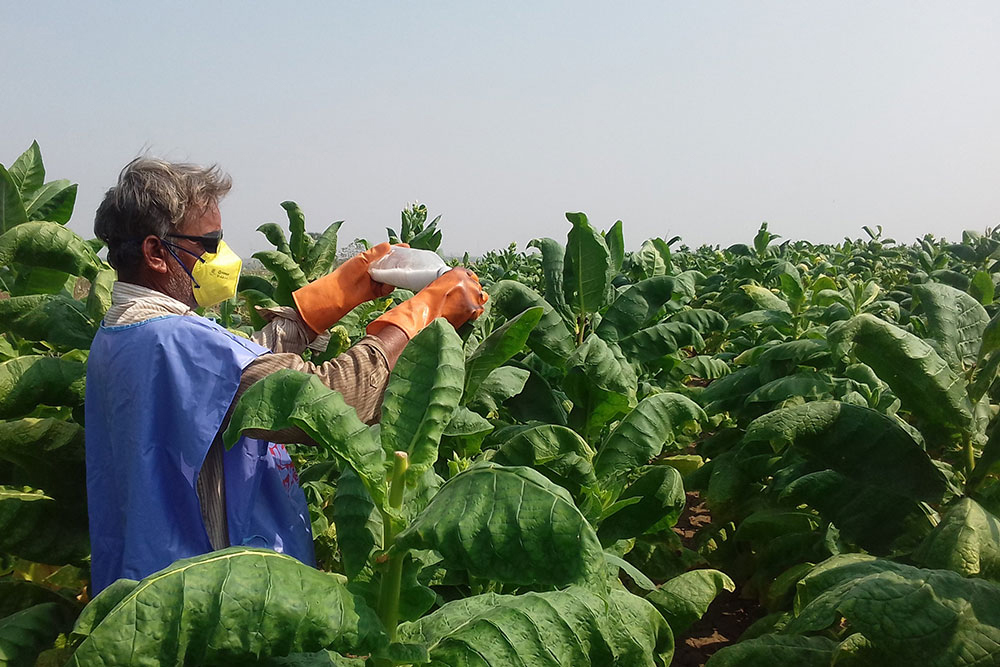
At Godfrey Phillips India, we are proud to lead the way as the first Company accredited with ISO Certification for our Leaf activities. Our commitment to quality and excellence sets us apart in the industry.
We deal with a diverse range of tobacco varieties available in India, catering to the specific needs of our global clientele. Our tobacco finds its way to some of the most renowned manufacturers in the industry, including names like Phillip Morris, JTI, ITG, Eastern Co, and European Tobaccos.
As a testament to our international presence, our major export destinations include Belgium, Egypt, Germany, Philippines, South Africa, and Russia, among others. We are dedicated to delivering quality tobacco products to around 23 countries across the globe, maintaining our position as a trusted global partner in the tobacco industry.
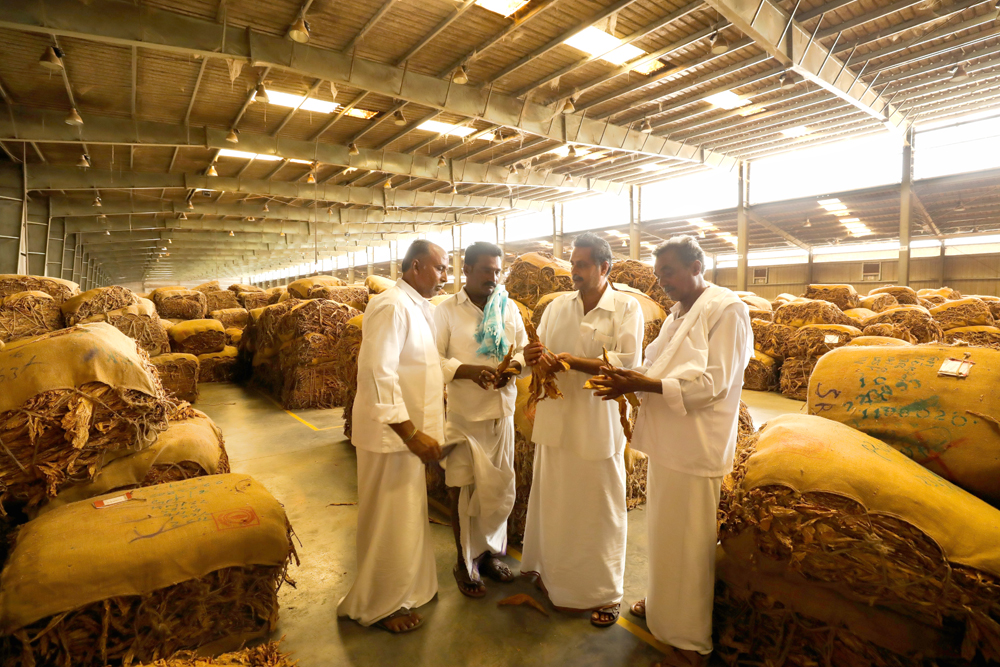
Our Leaf team comprises industry veterans with unparalleled expertise. What sets us apart is our rare combination of experience and innovation. We are among the few leaf operation companies in India to house our own state-of-the-art Research and Development (R&D) facility, alongside a cutting-edge Quality Assurance (QA) centre.
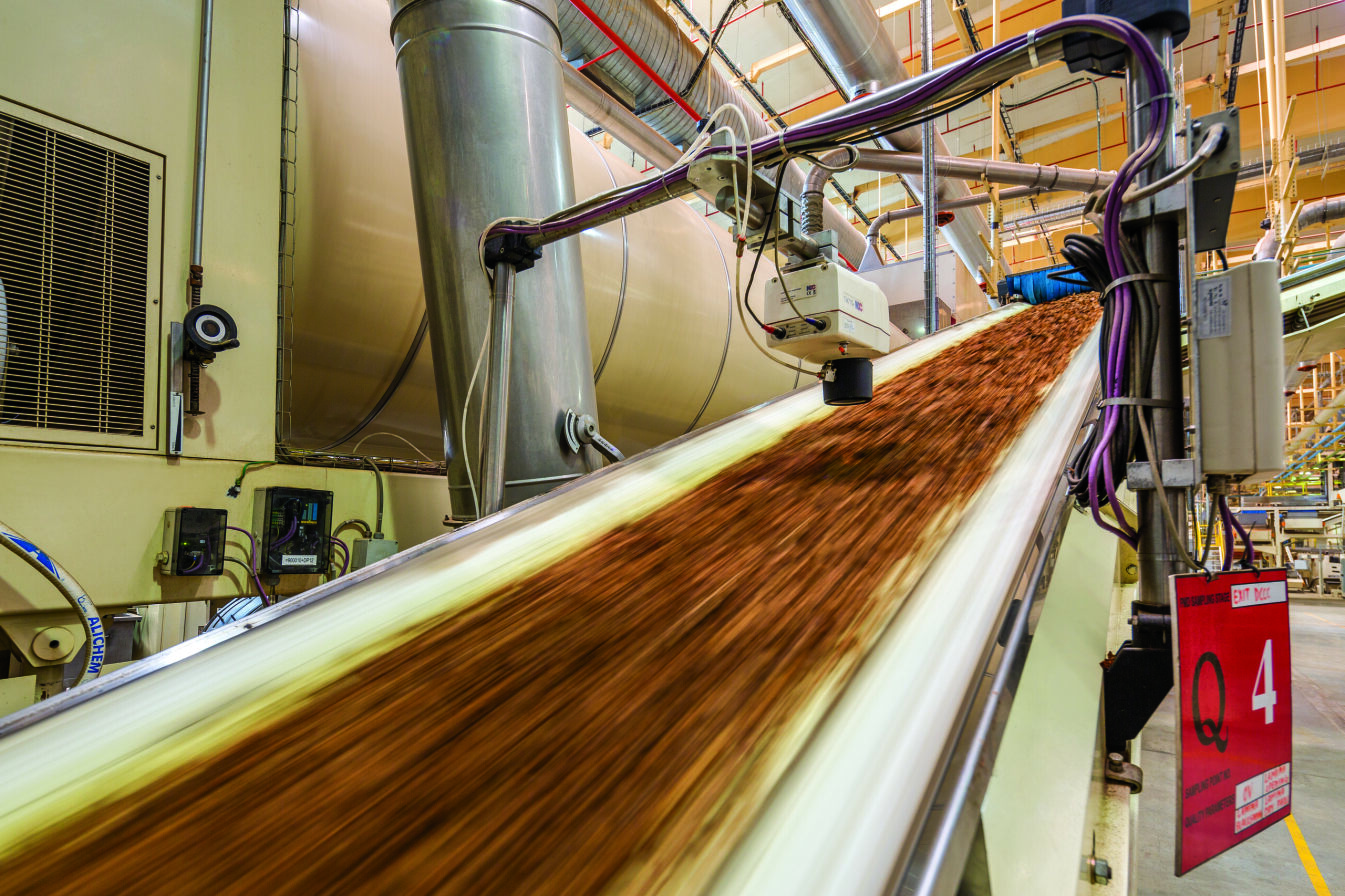
With two captive Threshing Plants equipped with the latest technologies, we process tobacco for both domestic and international markets. Our skilled teams craft composite leaf blends and cut tobacco for prominent clients worldwide. To create the perfect blend, our manufacturing division's advanced quality control setup features state-of-the-art nicotine and sugar estimation auto analysers.
We are extremely proud of our first state-of-the-art Recon Factory with a capacity of 200 Kg/Hour. This facility utilizes imported manufacturing technology, including the LB-14 sheet casting line, to produce reconstituted tobacco.
For higher efficiency, we have introduced mechanization initiatives, including seeder machines, sewing machines, fertilizer applicators, and inter-cultivators. These innovations not only reduce dependency on labour but also enable timely operations, improving quality and maximizing profitability.
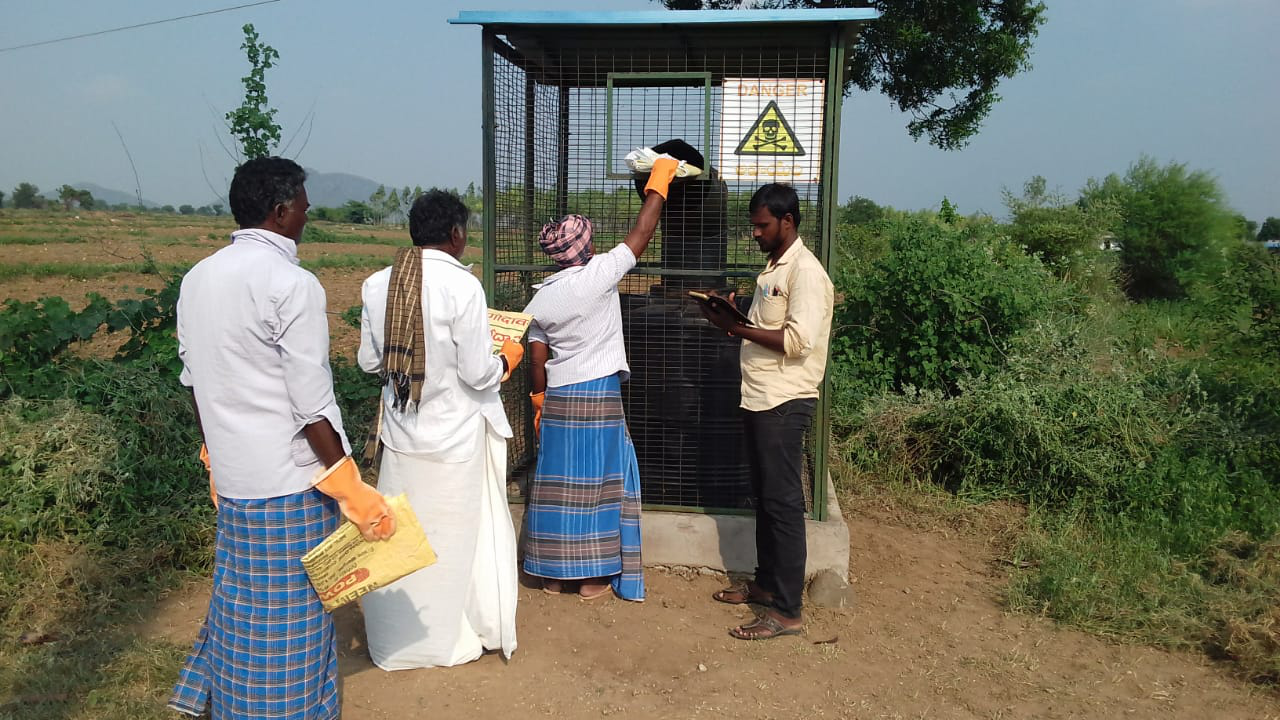
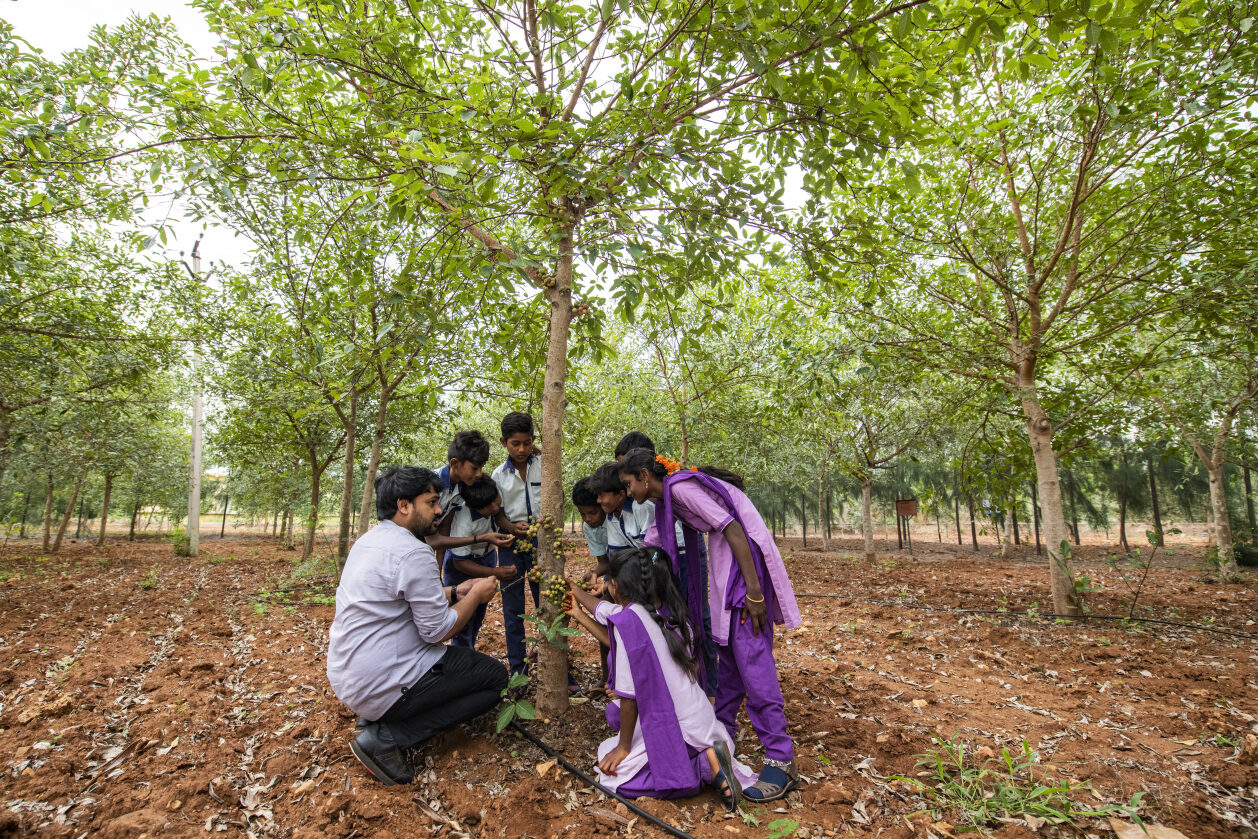
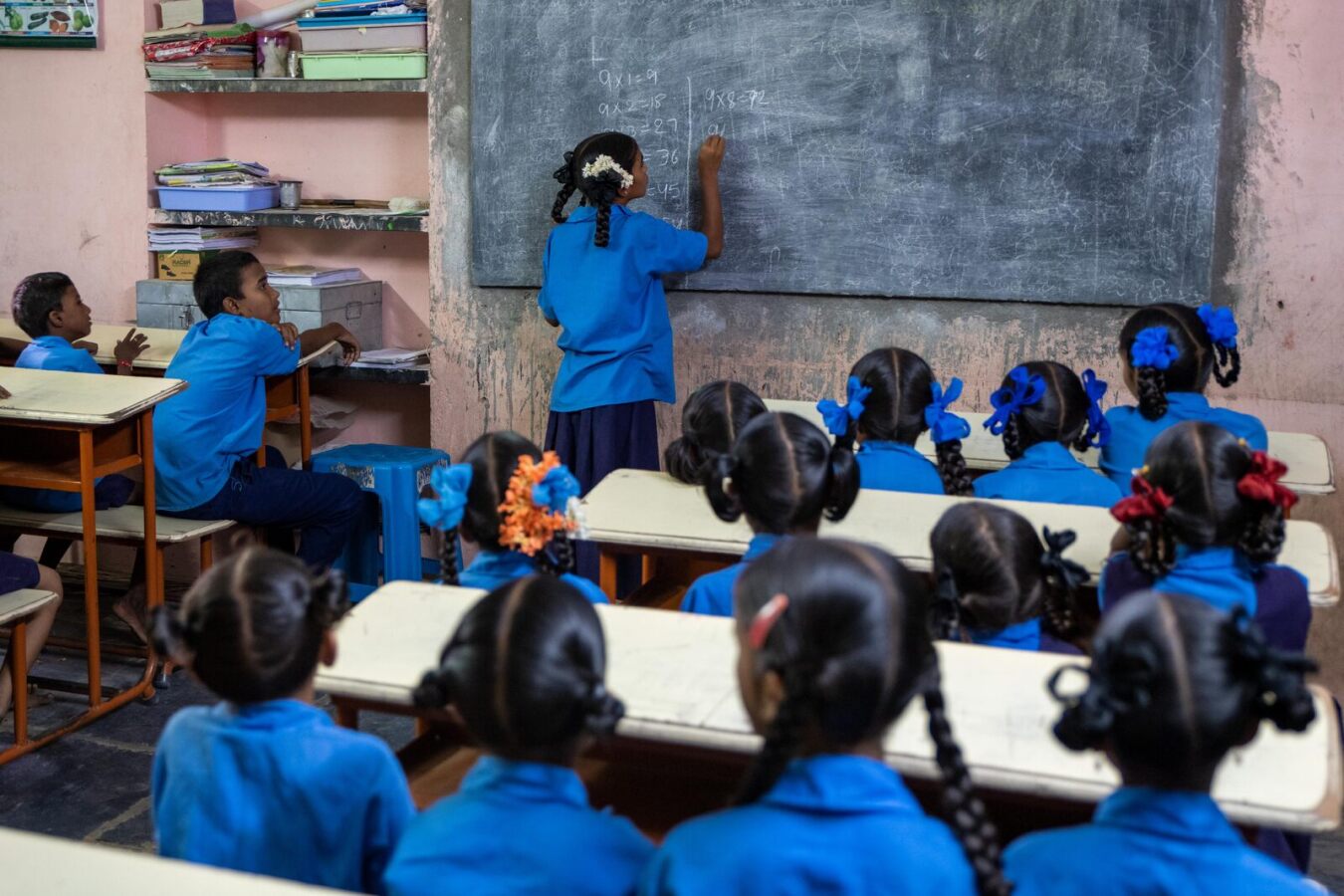
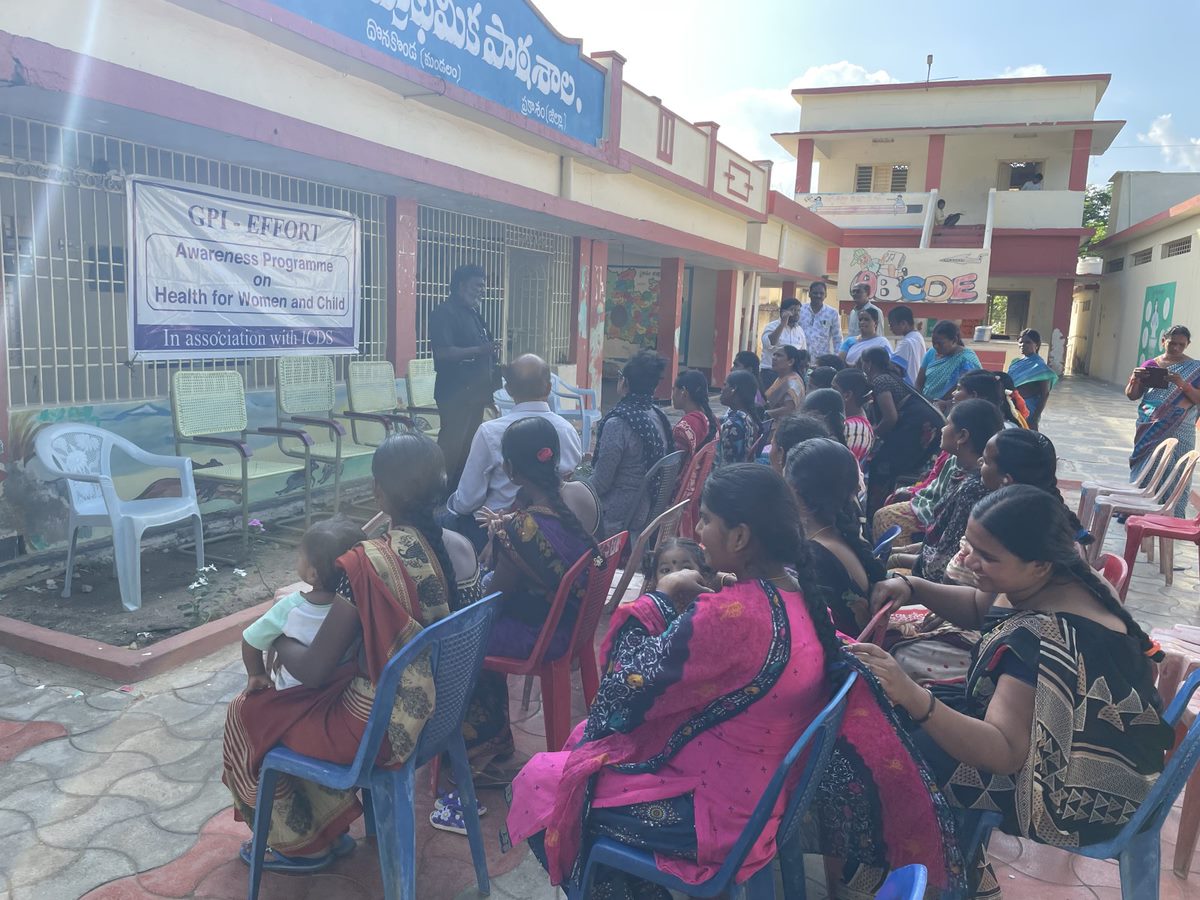
Farmers are our most crucial stakeholder. We believe that sustainable agricultural practices not only benefit us and the tobacco farmers community, it has a cascading impact on all farmers.
We are committed to Sustainable Tobacco Production and our teams work intensively with farmers to implement GAP (Good Agricultural Practices) to enhance productivity and improve the quality of tobacco while ensuring minimum impact on the environment.
We encourage farmers to preserve, reuse and recycle the natural resources used in tobacco production, including soil, wood and water. The goal is to help farmers grow quality tobacco with minimal impact on the environment, the farm and the surrounding area. Environmental sustainability of tobacco growing involves protecting ecosystems and biodiversity, reducing the use of natural resources, and managing potential environmental impacts. This includes developing strategies to protect soil and water, reducing energy consumption, and promoting the use of recycled and reusable materials in order to reduce waste. All these practices are over and beyond our CSR initiatives for climate risk mitigation.
As our farmers are present in rain shadow regions, GPI extends support to the farmer communities by building farm-ponds. Not only does it support irrigation during drought situations, but it also facilitates farming of additional crops. Furthermore, we support farmers by building permanent curing structures to reduce use of food in barn construction. To further support afforestation, we have distributed scores of lakhs of Eucalyptus saplings to farmers at a subsidised cost. In addition to this, our environment management initiatives also include installing bins to collect pesticide and fertilizer waste. The collected material is sent for recycling to save water from contamination and reduce environmental pollution.
Our sustainable agricultural practices adopted to conserve the environment are:
- Water reduction where we ensure that farmers use water with the aim of reducing water consumption per kg of unprocessed, cured, green tobacco produced. Farmers follow best available irrigation practices available in the growing areas (e.g. efficient irrigation systems, timing of irrigation, amount of water dispensed, etc.).
- Soil conservation through growing tobacco in flat areas with minimum slope to avoid soil erosion, making bunds around the field to avoid soil erosion, incorporation of organic matter to improve the soil fertility.
- Protect water by avoiding mixing of CPA s near water zone to minimise contamination of water bodies, storage of CPAs and fertilizers in safe place to avoid contamination, safe disposal of empty CPA containers, use of recommended dose of fertilizers and CPAs.
- Soil protection is secured by farmers following crop rotation to improve the soil fertility and reducing the incidence of pathogens/pests and diseases; incorporation of crop residues also enriches the nutrient and fertility content in the soil
- Deforestation is a growing issue in the region. We have created awareness and encouraged farmers to use wood for barn construction from sustainable and traceable sources. VKBU farmers are 100% compliant on zero gross deforestation and zero net deforestation. An external assessment was conducted by PwC in 2022 on behalf of Philip Morris and found GPI farmers compliant. A program has been initiated where eucalyptus saplings are being distributed to farmers to ensure the wood used for barn construction is from sustainable source. Till date, 26 lakh saplings have been distributed across Vinukonda Burley growing region. We have also started to help farmers replace the use of wood in barn construction through distribution of cement poles that are long term and therefore a sustainable option to wood.
- Atmospheric pollution is minimised through training of the farmers community on farm waste management which include reusing, recycling and safe disposal of empty CPA containers, fertilizer bags, seedling trays, non -hazardous waste (paper, hessian bags, wood, crop residues).
We also focus and train farmers on practices to reduce GHG emissions through increased use of renewable energy, avoiding burning of crop residues and destruction of crop residues, usage of improved irrigations practices and fuel-efficient tractors, need based pesticide and fertilizer application, afforestation practices and programs, reduced tillage to name a few.




We believe in fostering sustainable farming practices. Our teams work closely with farmers to implement Good Agricultural Practices (GAP) and Agricultural Labour Practices (ALP). This not only enhances sustainability and productivity but also elevates the quality of tobacco while ensuring it remains free of chemicals and pesticide residues.
The following 7 principles of the ALP Code have helped us achieve and sustain a safe and fair working environment for all:
- Child Labor: There is no employment or recruitment of child labor. The minimum age for admission to work is not less than the age for the completion of compulsory schooling, is not less than 15 years or the minimum age provided by the country’s laws, whichever affords greater protection.
- Fair Treatment: There is no physical abuse, the threat of physical abuse or intimidation of workers and farmers. There is no tolerance for sexual abuse of women workers. There is no discrimination on the basis of race, caste, religion, colour, gender, political affiliation, union membership such as worker representative, ethnicity, disability, citizenship or nationality and pregnancy.
- Forced Labor: All farm labor is voluntary. Workers do not work under bond, debt or threat, no identity documents or wages are held back, and they receive wages directly from the employer.
- Safe Working Conditions: The workers are provided a safe and sanitary working environment, and all reasonable measures are undertaken to prevent accidents, injury and exposure to health risks. Protective equipment for handling crop protection agents/pesticides, awareness on tobacco plant related sickness (GTS), access to safe drinking water and toilets fall under this principle.
- Freedom of Association: Workers and farmers are free to join or form organizations and unions of their own choosing, and to bargain collectively.
- Compliance with the Law: The Country’s employment laws are complied with and all workers are informed of their legal rights and the conditions of their employment when they start to work.
- Income & Work Hours: Wages of all workers meet, at a minimum, the requirements of the country’s laws or agricultural benchmark standards. The work hours are in compliance with the country’s laws.
In a region prone to droughts, we collaborate with communities on initiatives like check-dams, pond development, and farm ponds, promoting efficient irrigation and water conservation for sustainability. We support farmers by constructing permanent curing structures to reduce deforestation and achieve wood sustainability in the supply chain. To further promote afforestation, we distribute Eucalyptus saplings to farmers at subsidized costs, encouraging plantation. Our environmental initiatives also include replacing wood with cement poles in curing barns and installing empty pesticide container collection bins for recycling, minimizing water contamination and environmental pollution.